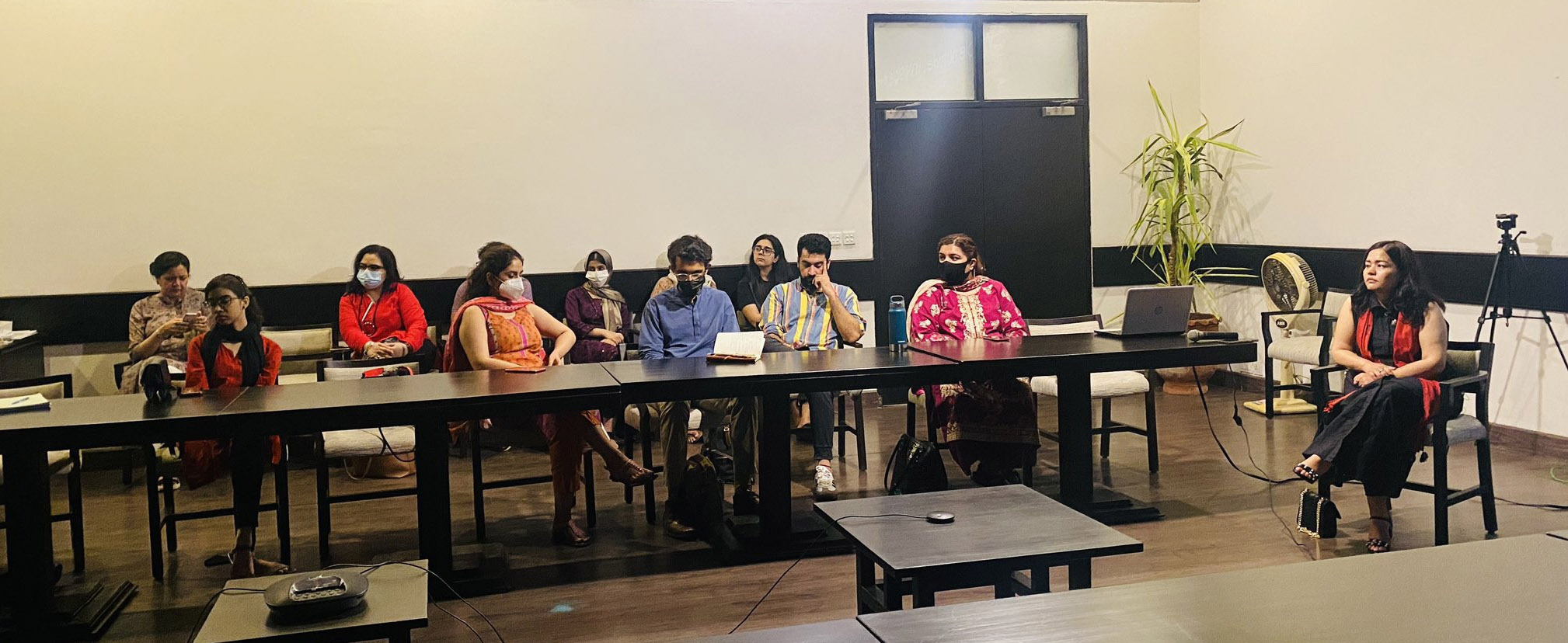The literature on women’s participation in public protests and movements shows that even when they are prominent actors within these, most women are excluded from the male-dominated decision-making spaces within which negotiations with the state occur. In this talk, Jalila Haider shares her research looking at the case of an ethnic struggle for rights in a conservative and conflict-affected region in which women have gained prominence over time, to the extent that they are the face of the protests. She draws on 13 in-depth interviews with 13 Hazara women leaders, key in mobilising other women in the city of Quetta in Pakistan, to provide some explanations for why protest presence and leadership has not resulted in a greater decision-making role for women. Her work shows that women’s involvement and leadership has led to changes in the nature and purpose of the struggle: from male-dominated violent protests focused on expressions of anger, to female-focused peaceful sit-ins holding the state accountable for a lack of security. However, in her work she continues to see women excluded from the spaces within the movement where decisions are made despite being visible to the outside world, women protesters are invisible in decision-making inside their community and homes. She unpacks: why are women protest leaders unable to transform their temporary public leadership into more enduring forms of influence?
Saida Waheed Gender Initiative
VC Faculty Lounge, Academic Block, LUMS

